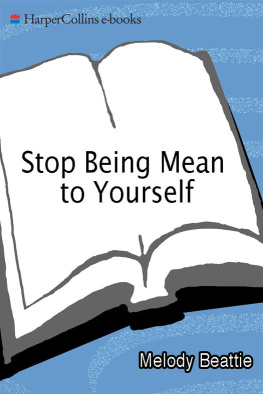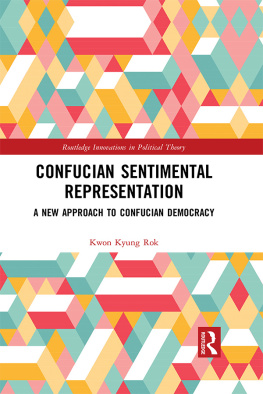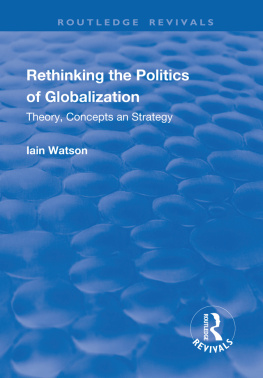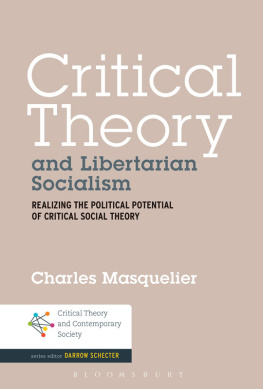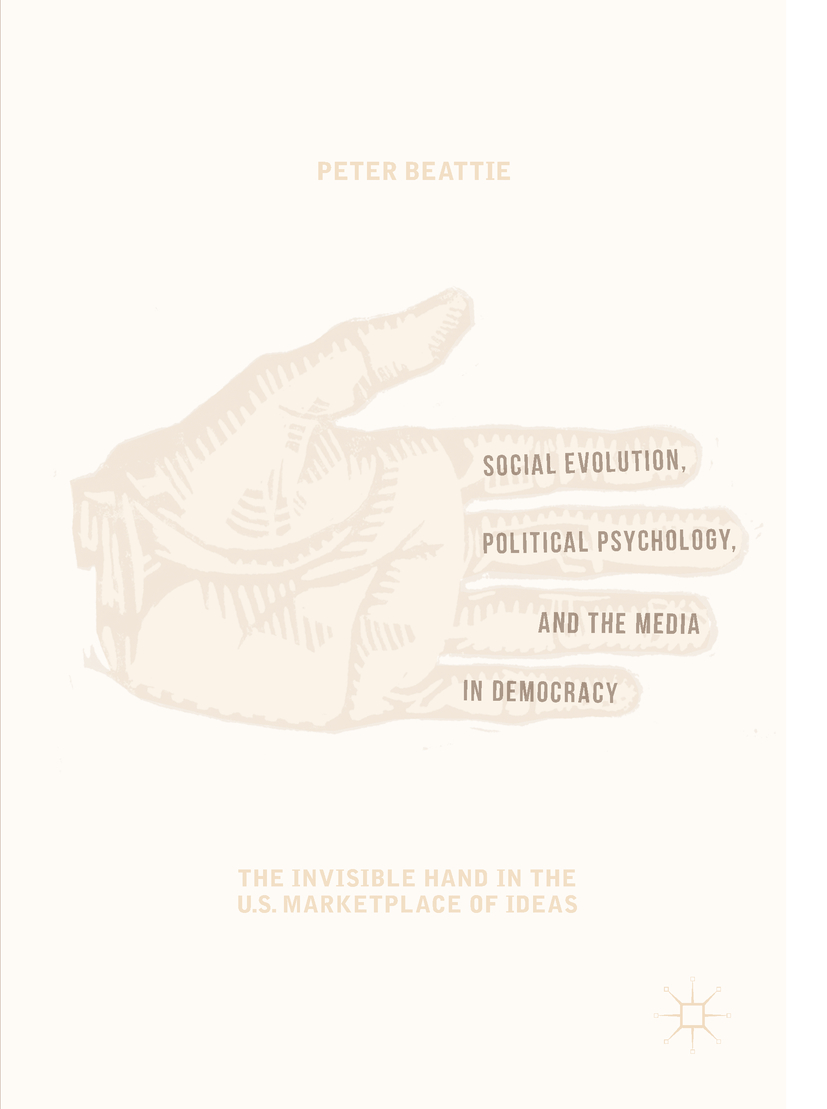Peter Beattie
Social Evolution, Political Psychology, and the Media in Democracy The Invisible Hand in the U.S. Marketplace of Ideas
Peter Beattie
The Chinese University of Hong Kong, Shatin, New Territories, Hong Kong
ISBN 978-3-030-02800-8 e-ISBN 978-3-030-02801-5
https://doi.org/10.1007/978-3-030-02801-5
Library of Congress Control Number: 2018959735
The Editor(s) (if applicable) and The Author(s) 2019
This work is subject to copyright. All rights are solely and exclusively licensed by the Publisher, whether the whole or part of the material is concerned, specifically the rights of translation, reprinting, reuse of illustrations, recitation, broadcasting, reproduction on microfilms or in any other physical way, and transmission or information storage and retrieval, electronic adaptation, computer software, or by similar or dissimilar methodology now known or hereafter developed.
The use of general descriptive names, registered names, trademarks, service marks, etc. in this publication does not imply, even in the absence of a specific statement, that such names are exempt from the relevant protective laws and regulations and therefore free for general use.
The publisher, the authors, and the editors are safe to assume that the advice and information in this book are believed to be true and accurate at the date of publication. Neither the publisher nor the authors or the editors give a warranty, express or implied, with respect to the material contained herein or for any errors or omissions that may have been made. The publisher remains neutral with regard to jurisdictional claims in published maps and institutional affiliations.
Cover design by Thomas Howey
This Palgrave Macmillan imprint is published by the registered company Springer Nature Switzerland AG
The registered company address is: Gewerbestrasse 11, 6330 Cham, Switzerland
This is a brilliant and truly intellectual book worthy of a hundred conversations on contemporary civilization.
Edward O. Wilson, University Research Professor Emeritus, Harvard University
If I were to tell you that someone has written a book that melds together ideas about information dissemination consumption, evolutionary psychology, and a normative critique of the American media, you might not believe it was possible. But youd be wrong. Social Evolution, Political Psychology, and the Media in Democracy explains how humans think, what they believe, what they hear, and why it is often bad for American democracy. But he also offers us a way forward through a comparison with other countries. In todays politically deteriorating environment, we need a book like this.
Brian Rathbun, Professor of International Relations at University of Southern California, and author of Reasoning of State: Realists, Romantics and Rationality in International Relations
In this quirky, clever, and creative work, Peter Beattie leads us on a wild romp through evolutionary biology, social psychology, history, politics, literature, and philosophy to understand why democracy is failing and the human race is flirting with extinctionand what, if anything, can be done about it. No questions could be more important for us to ponder at this time.
John T. Jost, Professor of Psychology and Politics, and Co-Director of the Center for Social and Political Behavior at New York University
We are what we got fed by the news media, to a great extent. Armed with a social evolutionary approach toward artificial selection in the marketplace of ideas, Peter Beattie has ably shown that psychology tends to prime us into accepting and rejecting certain ideas and how the news media tends to supply those ideas that fit into our biases. A penetrating critique of the news media today and a passionate defense of a new marketplace of ideas for democracy.
Shiping Tang, Distinguished Professor of International Relations and Public Affairs at Fudan University, and author of The Social Evolution of International Politics
Corrupted by corporate interests and vulnerable to easy manipulation, our news media system is failing us. Beattie makes an urgent and compelling case for bringing it under democratic controlfor the sake of preserving democracy itself. This book couldnt be more timely. In an era of dangerous political instability and ecological breakdown, we need media that delivers critical, fact-based communication now more than ever before.
Jason Hickel, Lecturer of Anthropology at Goldsmiths, University of London, Fellow of the Royal Society of Arts, and author of The Divide: A Brief Guide to Global Inequality and its Solutions
Dedicated to young women and men
very wise men, perhaps quite worthy to govern, have written in France, Spain and England on the administration of states. Their books have done much good: not that it corrected the ministers who were in office when the book appeared, for a minister does not and cannot correct himself. He has reached his full status. No more instruction, no more advice. He has not the time to listen to them, the tide of business carries him away. But these good books form the young men destined for office, they form the princes, and the second generation is educated.
Voltaire, Philosophical Dictionary , States, governments: which is the best?
Acknowledgements
Id like to thank Rowan Fortune for his help with editing, my classmates at UCI for the time we spent together and the conversations and debates we had, my incredible co-workers at PLI, my students over the years, and all my friends and family. I was lucky to have discussions, debates, guidance, and suggestions from a great many people: Shawn Akbari, Stefano Albertini, Gabriel Anderson, Marguerite and Paul Beattie, Karim Bettache, Keane Bhatt, Marc Chattah, Chuansheng Chen, Rosalie Chen, Chi-yue Chiu, Pete Ditto, Jeffrey Friedman, David Graeber, Siba NZatioula Grovogui, Nabila Habbida, Kamil Hamied, Brian Hansbury, Pyong-su Kang, Ielnaz Kashefipour, Albert Kim, Saadi Lahlou, Francis Lee, John Mage, Tali Mentovich, Hugo Mercier, Jovan Milojevich, Charmaine Mirza, Karen Monroe, Alessandra Montalbano, Robert Moyzis, Alex Paykin, Assal Rad, Annamaria De Rosa, Shawn Rosenberg, Kyle Sanford, Nicholas Scurich, Ruchi Shroff, Sean Starrs, Thomas Taylor, Michael Tesler, Ana Tomicic, Oliver Traldi, Francesco Tripoli, Luciana Vega, Jingguo Wang, Jake Witlen, Shangqiu Zhang () My apologies to all those I have forgotten to mention; drinks are on me for the omission. Lastly, Id like to thank Edward Herman and Noam Chomsky for introducing me to political economy of media, and especially their critics, whose conspiratorial misreading first suggested to me that psychology needed to be added to the picture.
1. Introduction: Why Democracy Is Not Working

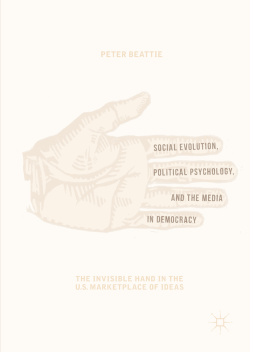
![Beattie - Melody Beattie bundle: [a collection of four Melody Beattie best sellers]](/uploads/posts/book/249274/thumbs/beattie-melody-beattie-bundle-a-collection-of.jpg)


